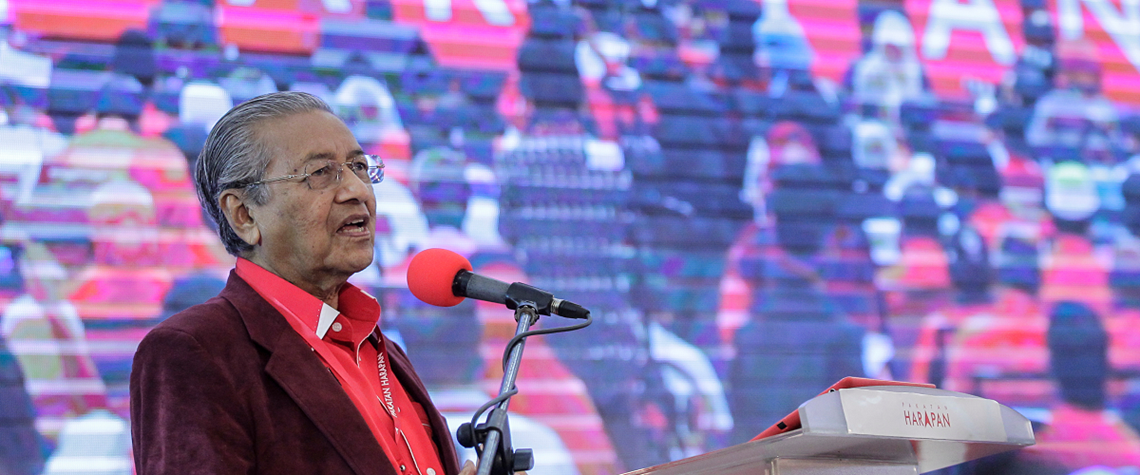Uncertain days for Malaysia's oil industry
The surprise victory of the opposition alliance in Malaysia could lead to a new relationship between the government and Petronas
Malaysia's new prime minister, Mahathir Mohamad, has moved quickly to make good on an election campaign pledge to scrap a goods-and-services tax (GST) blamed for rising living costs. Speculation is now mounting over whether state-controlled oil and gas giant Petronas could be tapped to fill any resulting hole in the country's finances. The 6% tax, which is to be abolished on June 1, was introduced by the coalition government led by Mahathir's predecessor Najib Razak in 2015 in an effort to counter falling government income from Petronas, at a time when the firm's revenues were hit by the oil price collapse. However, GST ramped up costs right along the supply chain from manufacturers to consu

Also in this section
17 February 2026
The 25th WPC Energy Congress, taking place in Riyadh, Saudi Arabia from 26–30 April 2026, will bring together leaders from the political, industrial, financial and technology sectors under the unifying theme “Pathways to an Energy Future for All”
17 February 2026
Siemens Energy has been active in the Kingdom for nearly a century, evolving over that time from a project-based foreign supplier to a locally operating multi-national company with its own domestic supply chain and workforce
17 February 2026
Eni’s chief operating officer for global natural resources, Guido Brusco, takes stock of the company’s key achievements over the past year, and what differentiates its strategy from those of its peers in the LNG sector and beyond
16 February 2026
As the third wave of global LNG arrives, Wood Mackenzie’s director for Europe gas and LNG, Tom Marzec-Manser, discusses with Petroleum Economist the outlook for Europe’s gas market in 2026







